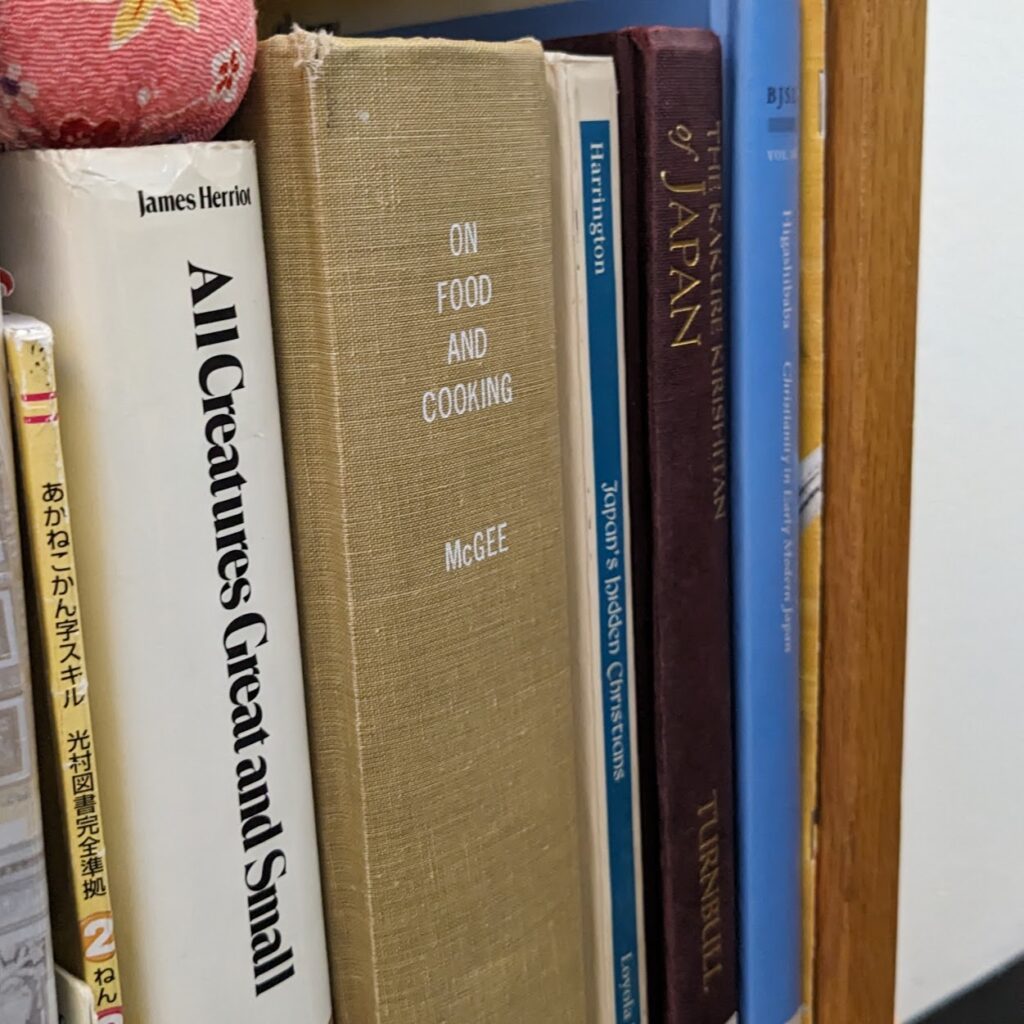Often when I mention the subject of reading for pleasure’s sake in conversations with other Princeton students, I hear the same story repeated with a twinge of sadness and a sense of resignation to the seemingly-inevitable. Most of us seem to have begun our respective childhoods as avid readers who could barely be seen apart from a book. We enjoyed all sorts of reading, and it was not a tiring task but an exciting opportunity. Over the course of many grueling years of schooling filled with assigned readings and the like, this voracious appetite for literature seems to have been largely snuffed out. If you, like me and many others, have drifted away from the pleasurable pastime of reading for fun and wish that you could regain a bit of that excitement which marked your early years, this article will give a few suggestions for how and why you might go about effecting this turnaround.

A few books on my shelf in my dorm— not for class.
Read things you like!
There are many pieces of advice which one could give about this very broad topic, and each one won’t necessarily resonate with every person in the same way. Nevertheless, one fundamental rule which I think must be observed when reading for fun is to read things which you enjoy. This might seem incredibly obvious— why would anyone read something unenjoyable for the sake of enjoyment? Often, however, the pressure to always be doing something “useful” can lead people to pick books which are adjacent to what they’re studying and then read these books “for fun.” This is a recipe for doing very little fun reading. Pick a topic which really excites you and don’t feel any shame if it is completely irrelevant to your JP, thesis, or other work. In my academic studies I myself tend to focus on Christian-Muslim interactions in the Middle Ages, but I try not to let this focus keep me from reading, say, an interesting book chapter about 1800s Nebraska train depot designs or re-reading a book like The Hobbit.
You don’t have to read cover to cover
Often we feel like we have to read the whole book. We don’t actually have to. If only part of a book interests you, just read that part. If you get to an uninteresting part, skip it. Reading for fun is not about forcing yourself to slog through pages of tedious material— this would violate the spirit of “having fun.” My personal philosophy is that any reading is better than no reading. After spending years in school reading every reading from start to finish, it can feel strange to call it quits halfway through a text, but in the theater of “reading for fun” there is absolutely nothing wrong with this. It can be an opportunity for you to move to different readings which you like better.
Write down a thing or two at the end
This point is a bit less “fun” than the first two, but I think it has a serious long-term payoff. You’ve probably heard plenty of teachers and professors talk about the importance of writing things down or taking good notes while you read. This is not what I’m trying to describe here. Rather, I am suggesting that you write down one or two quick notes when you finish reading because it is very easy to quickly forget things that you read for fun. When you can’t remember much of what you read, it can feel like a waste of time— conversely, having a note or two and remembering key elements can promote a sense of accomplishment which will leave you feeling excited but not drained. I like to keep these in my notes app, but you can write these down wherever you like best.
Is this relevant to research?
So, you might be wondering, “how is this relevant to research?” To this I would first respond that reading for fun is good in and of itself and need not be seen as contributing to the pursuit of some other good, like research. Indeed, framing pleasure reading as a way of doing research would almost seem to undermine everything I’ve been saying about how it should not be viewed as a laborious task. But, I do think that your research skills can seriously benefit if you engage in pleasure reading because this sort of unstructured, exploratory reading allows you to learn things and uncover new facts which you had no way of anticipating. Often when we do research, we have a very firm idea of what we want to find, and so we look for every piece of information relevant to the subject we are researching. When you read for fun, you encounter raw information which is often surprising and can be relevant to your research. I found my JP topic largely through a Wikipedia rabbit-hole. My senior thesis topic came from reading a collection of biographies of little-known Lebanese priests. In both cases I had no clue what I would find. Give pleasure reading another shot— it is surprisingly helpful and surprisingly fun!
–Shane Patrick, Humanities Correspondent

